Events & Activities
Explore upcoming informational sessions, workshops, and trainings hosted by the CoP surrounding a variety of topics within indigenous community economic development.

Housing as a Driver of Community Economic Development (In-Person Workshop)
Brief Description: This 2-hour pre-convention workshop on May 26th from 1-3pm PST hosted by Big Water Consulting as part of the EDA-funded Indigenous Economic Development Community of Practice. This workshop will be hosted before the National American Indian Housing Council (NAIHC) 2025 Annual Convention & Tradeshow.
The workshop will bring together tribal housing, planning and economic development professionals working to support tribal communities and economies in a second installment of the discussion started last June at the 2024 NAIHC Annual Convention in a workshop titled Linking Housing and Economic Development (In-Person Workshop) — Indigenous Economic Development.
We will briefly discuss the many ways in which housing plays both a direct and indirect role in sustainable community economic development; explore specific examples of how tribes and Native communities have created housing-related workforce development programs and developed workforce/market rate housing and homeownership programs to stimulate community economic development; and engage participants in exercises and activities where they can work together to locate, design, fund, and develop new housing projects and programs in support of their community economic development goals.

Emerging as a Key Partner/Player in Regional Economic Development (Virtual Training Session)
Brief Description: After or in parallel with the strengthening of local tribal and Native economies, many Native communities seek to further strengthen and diversify their economies in recognition of both the regional nature of robust and healthy economies in rural areas and the importance of diversification of tribal and Native economies (especially in light of the harm caused by the COVID-19 pandemic to tribal economies dependent on casino revenues and tourism). The final section will address how growing tribal and Native economies can develop deeper and broader connections to state and local governments and regional partners while also looking beyond national boundaries for new opportunities in global markets
Local-State-Tribal Relations in Economic Development (regional planning bodies and approaches, taxation, infrastructure, etc.)
Transboundary Economic Development (economic activities that transcend state and national boundaries)
The Path Forward: How Can Tribes and Their Partners Cultivate Economic Development Pathways and Capital Flows
Brief Description: The goal for this session and the subsequent session is to provide an opportunity for the CoP coordinators and members to pull together the learning and information sharing of the prior 15 months and identify tools, resources, roadmaps, and collective action items that will best advance the barriers, opportunities, data and knowledge gaps and other issues that emerged within the monthly sessions, online discussions, and workshops.

Accessing the Resources and Capital to Support Economic Development - Part 3 (Virtual Training Session)
Brief Description: As tribes and Native communities seek to develop a strong foundation for economic development activities and strategies, they must also identify the array of available sources of funding, financing and/or customers/clients that will support the enterprises and projects that will ultimately implement portions of these strategies. The third installment in this 3-part training series will explore the use of federal contracting to grow tribal enterprises and 8(a) businesses, including training on various types of federal contracts and some important considerations that tribal entities should be aware of as they seek out federal contracts.
Part 3:
Federal Contracting
Part 1 - Identifying and Combining Funding
Part 2 - Cultivating Investor-Lender-Borrower Relationships

Natural Resource Management and Environmental Resilience and Adaptation (Virtual Informational Session)
Brief Description: Rather than serving purely as a constraint on economic development, many tribes and Native communities have incorporated natural resource conservation and management strategies into their economic development plans as a source of potential revenue, a method of reducing the vulnerability of the community, and a demonstration of their view that their unspoiled lands and ecosystems have value that exceeds the benefits provided by potential development or exploitation.
This session will address how natural resource conservation and management and environmental adaptation and resilience strategies that guide community economic development activities enable tribes and Native communities to examine economic development through the lens of sustainability and cultural appropriateness.

Accessing the Resources and Capital to Support Economic Development - Part 2 (Virtual Training Session)
Brief Description: As tribes and Native communities seek to develop a strong foundation for economic development activities and strategies, they must also identify the array of available sources of funding, financing and/or customers/clients that will support the enterprises and projects that will ultimately implement portions of these strategies. The second installment in this 3-part training series will describe approaches that tribal business entities, small business owners, and entrepreneurs can use as borrowers to cultivate relationships with lenders and investors to support economic development.
Part 2:
Reliable Capital and Collaboration: Cultivating Investor-Lender-Borrower Relationships to Support Economic Development
Participating Subject Matter Experts (SMEs)
Part 1 - Identifying and Combining Funding

Transportation and Infrastructure Development as Drivers of Economic Development (Virtual Informational Session)
Brief Description: The evaluation of the fitness of locations for future investment to support economic development activities centers in large part on the suitability of available sites for the proposed activities based on the strength and condition of the infrastructure that will provide access, connection, power, water and other vital resources to these sites. This session will focus on the development of infrastructure as a precursor to economic development activities in order to support a wide range of activities, enable multiple activities to benefit from well-planned installations of new infrastructure, and provide flexibility in the selection and specific sequencing of new economic development activities.

Accessing the Resources and Capital to Support Economic Development - Part 1 (Virtual Training Session)
Brief Description: As tribes and Native communities seek to develop a strong foundation for economic development activities and strategies, they must also identify the array of available sources of funding, financing and/or customers/clients that will support the enterprises and projects that will ultimately implement portions of these strategies. The first installment in this 3-part training series will provide a non-exhaustive list of funding sources and the eligible uses and combinations of these sources as well as provide training on how to advance economic development through external borrowing/financing of activities (as opposed to purely grant-funded approaches) including how to identify appropriate funding, develop a funding roadmap, and organize an internal team tasked with carrying out financing plans.
Part 1:
Economic Development Resources and Funding Sources (local, state, federal, tribal, and philanthropic grants and loans); Grant Application Best Practices

Native Agriculture: Food Sovereignty, Food Systems, and Financing (Virtual Informational Session)
Brief Description: ‘Native agriculture’ encompasses the efforts of tribes and Native communities to affirm and strengthen their food systems and sovereignty through the growth, preparation, distribution and consumption of traditional foods. For purposes of this session, 'Native agriculture' also includes the development and financing of agricultural businesses run by Native producers and Native-owned businesses operated in urban settings that seek to bring traditional Native foods to a more diverse audience through an array of business formats and distribution networks.
This session will feature a panel of experts who work for tribal and Native organizations that operate food sovereignty programs or are actively developing Native food systems in collaboration with Native producers, restaurateurs, schools and providers of food assistance programs, for example, as well as the organizations that provide grants, loans, financing and technical assistance in support of these activities.

Implementing an Economic Development Plan or Strategy (Virtual Training Session)
Brief Description: Given that many tribal and Native economic development plans are never fully implemented, this section will focus on the critical shift from planning to plan implementation, including the timing or sequencing of coordinated and diversified economic development activities (i.e., what comes first, what comes next and how do each of the seemingly discrete activities fit together in a synergistic puzzle?). This discussion will inherently also address the transforming of relatively noncommittal planning partnerships into concrete development partnerships.

Unlocking Opportunity: How Developing Tribal Broadband Advances Communities and Business Services Like E-Commerce and Artificial Intelligence (Virtual Informational Session)
Current Opportunities for Economic Development That Shouldn't Be Missed
Brief Description: Broadband, telecommunications, and AI are sectors that represent areas of significant infrastructural need with tribal and Native lands, provide tremendous current opportunities for significant funding, and offer fertile ground for new partnerships with non-Native entities and governments. This virtual session will bring together the foundational elements of plan development and implementation within the context of very relevant and ripe sectors.

Core Components of Economic Plan Implementation - Part 2 (In-Person Training)
In-Person Training
Advancing from Local to Regional and Global Strategies (and How to Fund It)
Brief Description: This 2-hour in-person training at the 2024 NAIHC Legal Symposium in Las Vegas underscores the foundational elements of economic development, including a qualified workforce/labor pool, an entrepreneurial ecosystem, and the primary infrastructure necessary to support economic activities (e.g., roads, telecommunications, water/sewer, available land, and locations or space suitable for different business types), and provides strategies for developing each of these specific elements.
Workforce Development and Housing as Economic Development (incl. the role of tribal schools/colleges and partner universities/community colleges in economic development)
Building Entrepreneurial Ecosystems: Small Business Development, SBA programs, Native CDFls, and business incubators
Housing AS Economic Development Worksheet
Building an Entrepreneurial Ecosystem Worksheet

Creating an Economic Development Plan and Embarking on Plan Implementation - Part 2 (Virtual Training)
Virtual Training
Brief Description: This 2-hour virtual training will provide participants who are entering into an economic development planning process or are considering doing so an opportunity to learn about the core components of economic development planning as well as the internal and external actors involved, duration and timing of the process, data to be gathered and collected, and critical outcomes.
Creating Economic Development Partnerships and Participation in Regional Economies (e.g., Econ. Dev. Districts, Inter-Tribal Partners, Non-Tribal Partners)

Tourism and Culture-Centered Economic Development (Virtual Session)
Monthly Session
Brief Description: Tourism and culture-centered activities provide a unique lens through which to examine tribal and Native communities’ efforts to balance their interests in economic development with their desire to preserve their cultures in the face of outside influences, protect sacred sites, leave Native lands and ecosystems unspoiled, and maintain the tranquility and privacy of their communities. Additionally, like casino revenue, tourism is disproportionately subject to upheavals in the economy and public health restrictions.
This session will focus on how tribal and Native communities have navigated this decision-making process and sought to diversify their activities to make their enterprises less vulnerable to economic, social and health crises.

Core Components of Economic Plan Implementation - Part 1 (Virtual Training)
Virtual Training
Advancing from Local to Regional and Global Strategies (and How to Fund It)
Brief Description: This first section of the track underscores the foundational elements of economic development, including a qualified workforce/labor pool, an entrepreneurial ecosystem, and the primary infrastructure necessary to support economic activities.
High-quality infrastructure – which encompasses a wide range of facilities and services including transportation networks, communication systems, water and sanitation services, and energy supply - is essential for fostering economic development in tribal and Native communities. When these elements are robust and well-maintained, they can significantly enhance a community's capacity to engage in economic activities, attract investment, and improve the overall quality of life for residents. Developing this multifaceted infrastructure requires a holistic approach that respects tribal sovereignty and cultural values through engaging community members and ensuring that development initiatives are relevant and sustainable.
Place-based catalysts play a pivotal role in driving broader economic development. By strategically developing facilities, campuses, networks, and business parks, communities can leverage their unique strengths, stimulate local economies, and create an environment conducive to innovation and collaboration. These targeted investments create dynamic environments that not only attract businesses but also encourage innovation, collaboration, and the diversification of local economies in addition to enhancing the quality of life for residents by creating jobs, increasing access to services, and fostering social connections.
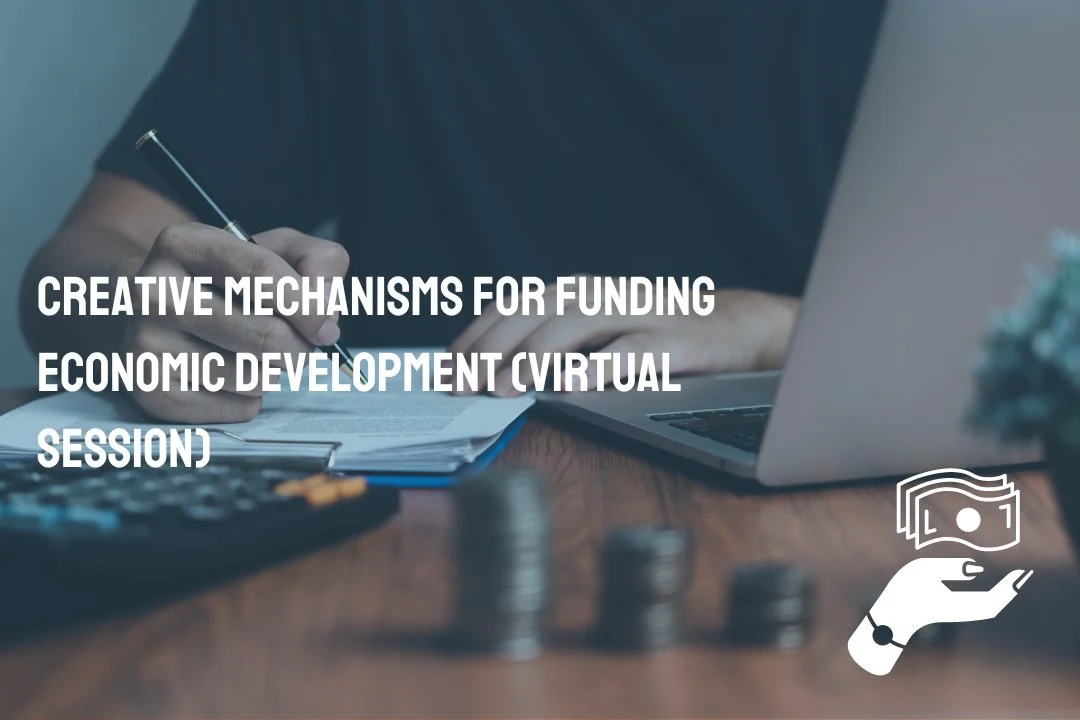
Creative Mechanisms for Funding Economic Development (Virtual Session)
Monthly Session
Brief Description: A variety of new, and in some cases untested, mechanisms for supporting community economic development in tribal and Native communities, such as Section 105(l) leases and Treasury’s State Small Business Credit Initiative (SSCBI) have emerged and merit discussion by the CoP.
This session will allow participants and subject matter experts to address these more cutting- edge approaches to economic development and determine what collective steps may be necessary to fully realize their potential.
Creating an Economic Development Plan and Embarking on Plan Implementation - Part 1 (Virtual Training)
Virtual Training
Brief Description: This 2-hour virtual training will provide participants who are entering into an economic development planning process or are considering doing so an opportunity to learn about the core components of economic development planning as well as the internal and external actors involved, duration and timing of the process, data to be gathered and collected, and critical outcomes.
This training will provide participants with foundational information from experts on essential tribal structures, policies, plans and documents that shape economic development in tribal communities. Participants will also learn about the economic development planning process and work through exercises that will get them started on the process of plan development for THEIR own communities.
Essential Tribal Structures, Policies, Plans and Documents for Sustainable Economic Development (e.g., HEARTH Act, Limited Waivers of Sovereign Immunity, Chartered Entities and Business Councils)
The Roles of Various Tribal and Native Enterprises and Businesses in Integrated Economic Development Strategies
Health and Human Services (Virtual Session)
Monthly Session
Brief Description: The growth in the number, size and capacities of tribal and Native health facilities has enabled these communities to improve the health of their available labor force while at the same time creating new sources of revenue that can not only provide resources for other tribal programs but can also help collateralize loans for other tribal or Native projects.
This session will explore the multitude of ways in which the development of health and human services facilities has supported the community economic development goals of tribal and Native communities.
Subject Matter Experts:
Project Examples:
Grant Application Best Practices (Virtual Session)
Monthly Session
Brief Description: Grant writing plays a pivotal role in the sustainability and development of tribal and native communities across the country. These communities often face unique challenges stemming from historical marginalization, limited access to resources, and the preservation of cultural heritage. Securing grants enables tribal governments, organizations, and enterprises to fund crucial initiatives such as healthcare improvements, housing, economic development, education programs, infrastructure projects, and cultural revitalization efforts.
Beyond financial support, successful grant applications empower tribes to assert their sovereignty, amplify their voices in policy-making arenas, and forge partnerships that foster long-term socioeconomic growth. Effective grant writing not only secures necessary funding but also serves as a powerful tool for advocating for the rights and wellbeing of indigenous peoples, ensuring their stories and contributions are recognized and respected on a broader scale. Successful grant writing involves community preparation, data collection and analysis, communication, and effective storytelling.
This session will also facilitate discussion of barriers to capital access, opportunities to reduce or eliminate these barriers, and successful strategies for attracting capital (which will set the stage of the training section on cultivating relationships with lenders and investors).
The Role of Data in Tribal/Native Economic Development: Evaluating Existing Sources and Tribal/Native Opportunities to Fill Data Gaps (Virtual Session)
Monthly Session
Brief Description: Underlying the challenges that tribes, tribal enterprises and individual Native business owners face in obtaining grants, loans and other capital is the lack of accurate or even relevant data concerning tribal and Native economies and the conditions within Native lands.
This session will center on the need for an evaluation of the local, state, federal, tribal and other data that does exist to determine whether it is accurate, relevant and current as well as existing initiatives and opportunities for tribes and Native communities & enterprises to fill data gaps and have their data validated & accepted by lenders, investors, government agencies and philanthropic entities.
Pre-Session Resources:
Linking Housing and Economic Development: A Workshop on Removing Siloes and Integrating Community Development Activities (In-Person Workshop)
Meet the panelists





Pre-Workshop Optional Resources
Current Opportunities for Economic Development That Shouldn't Be Missed: Energy (Virtual Session)
Brief Description: The energy sector represents an area of significant infrastructural need on tribal and Native lands, provides tremendous current opportunities for significant funding, and offers fertile ground for new partnerships with non-Native entities and governments. This session will bring together the foundational elements of plan development and implementation with the goal of making the audience aware of the current landscape and opportunities in energy for Native communities. We want to describe how even Native communities that are new to energy can & should enter this space and access resources, including who they should consider partnering with.
The session will feature a panel of energy experts, each of whom will highlight concrete examples of how tribes and Native communities have implemented energy-related projects and developed new partnerships in the energy space as part of their community economic development plans and strategies. As always, Q+A opportunities will be built into the session.
Meet the Speakers
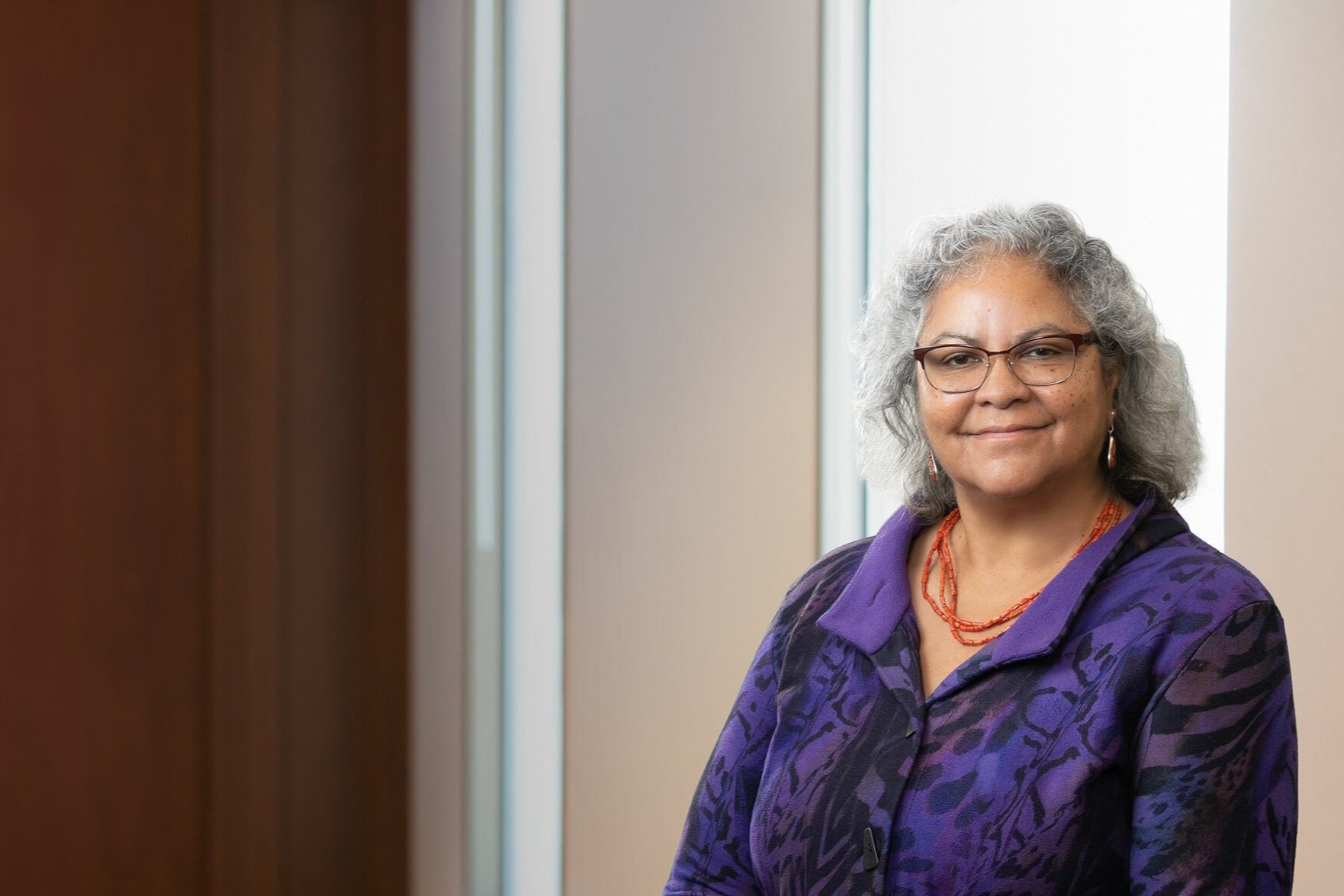


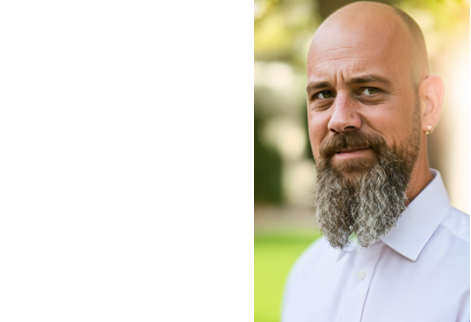
Structuring Economic Development in Native Communities (Virtual Session)
Brief Description: During this session, Dustin Goslin of Mille Lacs Corporate Ventures will share the MLVC story and present strategies for the successful integration of tribal and Native enterprises, economic development departments, corporations, small businesses and other entities in local and regional economic development. The story shares information about the Mille Lacs Band of Ojibwe, life pre-gaming and post-gaming, and the diversification of the MLCV portfolio over 30+ years. In particular, the story will discuss the background of MLCV’s Three Pillars, with a deep dive on the Place Pillar and the initiatives MLCV has made substantial progress on including projects that improve, among other things, workforce participation.
Meet the speaker
Dustin (Pam-Mbwit-M’ko) grew up near the Red Cliff Band of Lake Superior Chippewa community and is a proud member of the Prairie Band of Potawatomi Nation of Mayetta, Kansas.
Dustin’s work in Indian Country and rural Minnesota have allowed him to build a diverse background in small and large for-profit businesses, non-profit organizations, Federal/Tribal governments, Tribal gaming, and now Tribal economic development. Dustin currently serves as the vice president of business and economic development for Mille Lacs Corporate Ventures (MLCV). In this role, he works to build economic vibrancy in the Mille Lacs Tribal Economy by connecting people and capital to leverage sustainable investments in business, workforce housing, and planned infrastructure. Since beginning this role, Dustin has worked on over $245.7MM in capital and real estate investments and facilitated numerous community-building events and presentations. Dustin’s previous roles have included working as an executive for Grand Casino and Indian Health Service, and as a manager for upscale Hilton hotel brands.
Promoting a Tribal Citizen Entrepreneurial Ecosystem for the Betterment of Tribal Communities and Economies (Virtual Session)
Brief Description: Tribal citizen entrepreneurs have a vital role in strengthening tribal communities and economies. Understanding the challenges that tribal citizen entrepreneurs face when starting businesses in tribal communities is the first step in crafting and developing programs to better assist them. The purpose of the March plenary session is to:
Highlight the benefits of promoting tribal citizen enterprises for the betterment of a tribal communities and economies;
Identify barriers that tribal entrepreneurs often face when starting businesses; and
Provide solutions for overcoming those barriers by sharing stories of collaborative practices that tribal government leaders can implement to cultivate healthy tribal entrepreneurial ecosystems.
This session is targeted towards tribal leaders and staff who are interested in supporting and cultivating their tribal members to become entrepreneurs to better their tribal communities.
Meet The Speakers
Jessica Burghart, MBA, MA (Prairie Band Potawatomi) works as a Professor at the Haskell Indian Nations University School of Business, is a doctoral candidate at Walden University, and an Ethics Commissioner for the Prairie Band Potawatomi. Before Haskell, Burghart spent 6+ years in management and as a Small Business Advocate for the Kansas City National Security Center.
Mitchell Berg, Ph.D. teaches Local Government and Community Development at Indiana University in Bloomington, IN. He leads efforts to create a toolkit designed to assist MN tribal citizen members who want to start businesses in their tribal communities. Berg previously spent 8+ years as a city administrator and economic developer for the City of Mahnomen, MN, while working closely with the White Earth Nation on economic development initiatives.
Margaret Rose Ellis, MA (Oneida Nation of Wisconsin) is a doctoral student completing her Ph.D. program in First Nations Education at the University of Wisconsin - Green Bay. Ellis is the Co-Founder of She Rises Collective: Indigenous Women in Business, and co-founder of Kenco Tribal Marketing Initiative, a full-service marketing and procurement agency serving tribal business enterprises. Margaret has owned the apparel company Mirax, LLC since 2011.
Community of Practice - Kick-Off (Virtual Session)
The first session of the Indigenous Economic Development Community of Practice will introduce the Community of Practice concept, provide time for participants to introduce themselves and their current work in economic development, discuss expectations and the structure of the community of practice, and learn about two innovative projects from tribal and Indigenous communities (see below).
Economic Development Diversity - Successes from Across Indian Country
Brief Description: In this session, two lightning talks will showcase a range of economic development activities taking place throughout Indian Country. Presenters will share their experiences with implementing a recent economic development project. Questions and discussion will follow.
Full Meeting Agenda (Opens in new tab)
Learn about the presenters:
Click to learn more.
Community of Practice at NADO’s Annual Training Conference
The Indigenous Economic Development CoP Team partnered with NADO and held a session at their conference for Economic Development Districts and Regional Development Organizations. Kevin shared best practices and recommendations for regional economic development professionals looking to engage with Tribes and Native organizations within or near their service areas.
Session Title: Regional Development Organizations and Tribal Partnerships
Brief Description: This session provided an overview of the Indigenous Economic Development Community of Practice and shared recommendations for how non-tribal entities such as Economic Development Districts (EDDs) and Regional Development Organizations (RDOs) can work effectively with Tribal governments within or near their service area, including potential funding sources for collaborative planning processes.
Presentation Slides are included below:
Bridging the Gap: Regional Development Organizations and Tribal Partnerships
2023 Economic Development Conference for the EDA Denver Region
The National Association of Development Organizations (NADO) invited Big Water Consulting to introduce the CoP at their conference for the EDA Denver Region, for their parallel Community of Practice for Economic Development Districts.
Kevin alongside Erica Heller (Community Builders), Ciara Ristig (NADO) and Brittany Sickler (EDA).
Kevin Klingbeil, Managing Director of Big Water Consulting, introduced the EDA-funded Indigenous Economic Development Community of Practice and started outreach to bring together current and potential tribal/Native EDA grantees and economic development practitioners working in and with tribal communities to learn from each other and build capacity for project planning and securing and implementing project funds.
In addition to presenting alongside the coordinators of other EDA-funded communities of practice, including CoPs focused on Coal Communities and Economic Development Districts, Kevin delivered a separate presentation addressing the issue of tribal data sovereignty as well as the Indigenous Economic Development Community of Practice as part of a comprehensive session involving distinguished speakers from the Mountain | Plains Regional Native CDFI Coalition (Jael Kampfe and Gerald Sherman of Indigenous Impact), Sicangu Co./Rosebud Sioux Tribe (Michael Lapointe), the Center for Indian Country Development (Andrew Huff), Ute Mountain Ute Tribe (Bernadette Cuthair) and Lower Brule Sioux Tribe (Tim Azure).
Presentation Slides included below:






















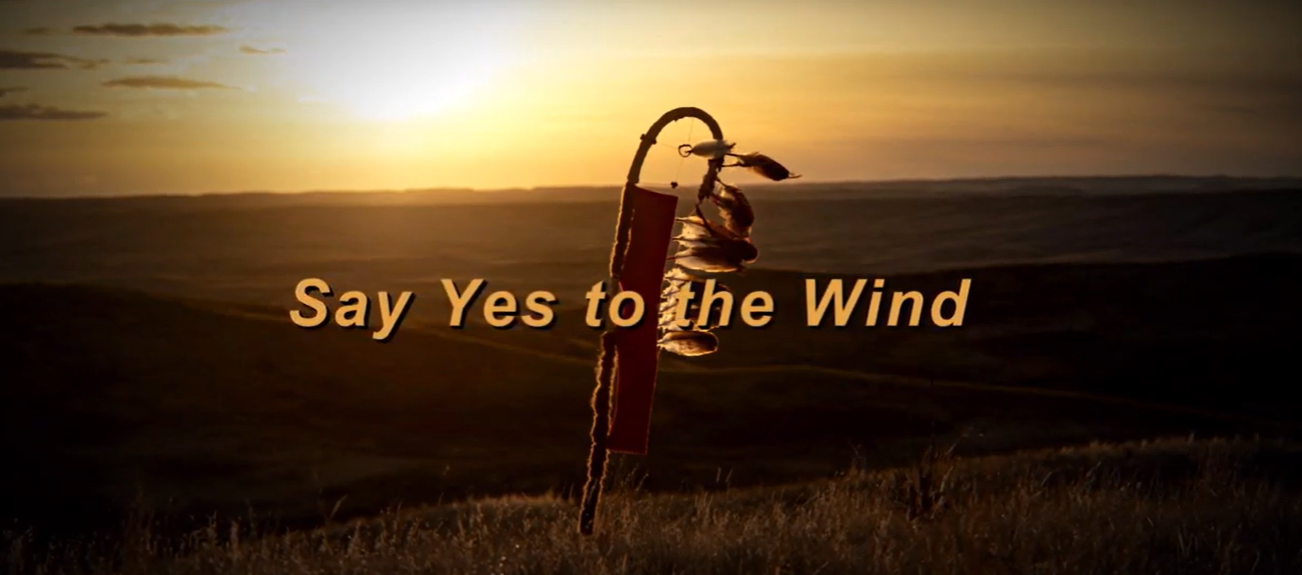

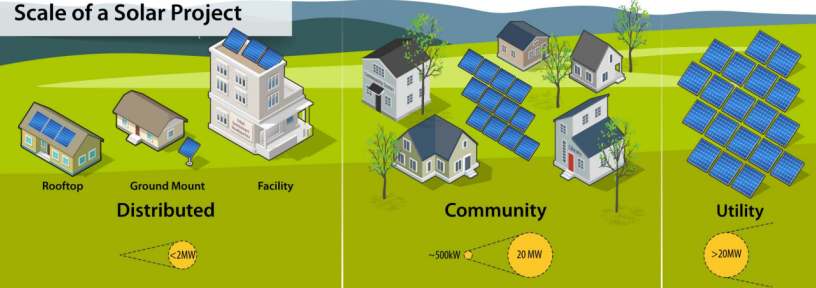
























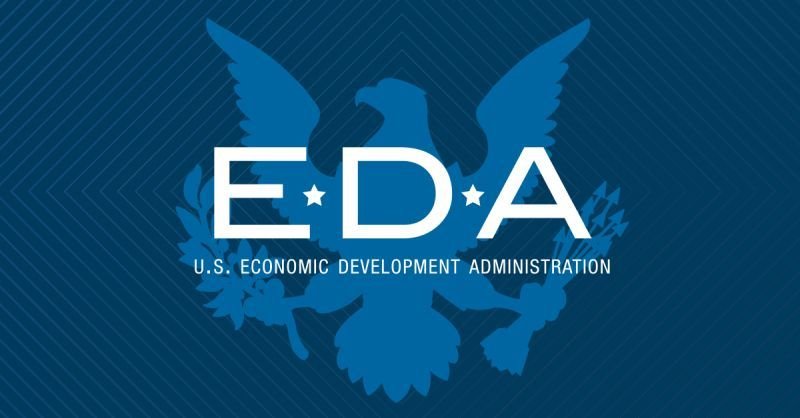




















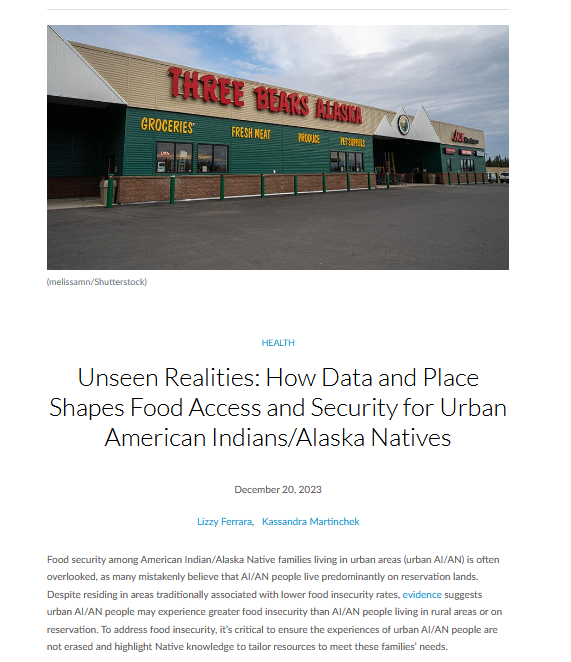



































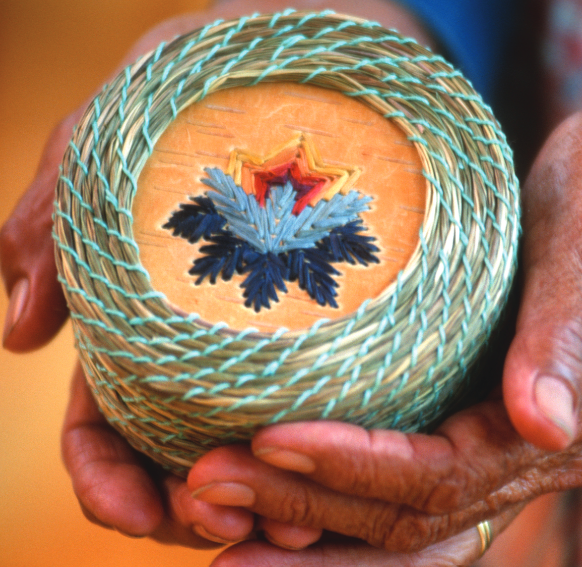






















NCGrowth’s Blueway Guide provides tools to help your community plan and build paddle trails, strategies to leverage blueways for economic development, and resources to generate community buy-in.